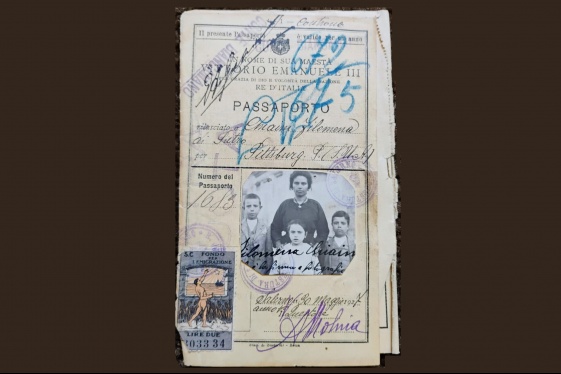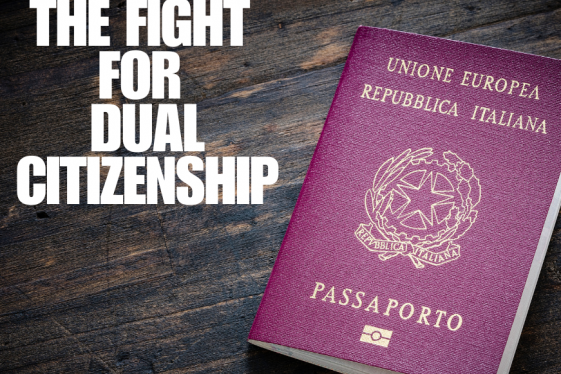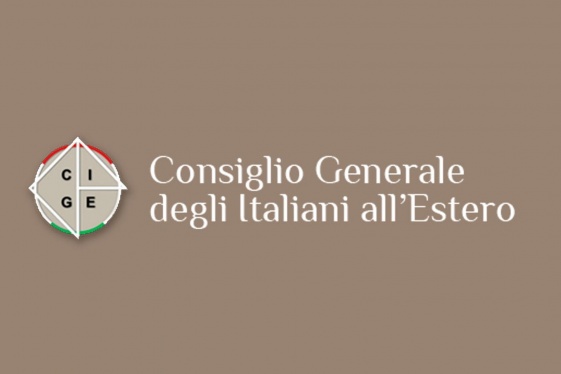

On May 23, 2025, the Tajani Decree (decreto-legge no. 36/2025) was converted into law (legge n. 74/2025), outlining new Italian citizenship by descent guidelines. On May 28, 2025, a circolare, or memo, was issued by the Italian Ministry of the Interior further clarifying the law and explaining how it is to be applied. In this article, we will review the changes introduced in the legislation and circolare, as well as how they will impact citizenship applications.
Italian Citizenship for Individuals Born Abroad
Upon its publication in the Official Gazette (Gazzetta Ufficiale) on May 23, 2025, Law No. 74/2025 became effective as of the following day. Eligibility for Italian citizenship by descent going forward will be evaluated according to the provisions outlined in this law.
To be recognized as an Italian citizen, if you were born abroad before or after May 24, 2025, you must have either of the following: A parent or grandparent who held exclusively Italian citizenship; A parent or adoptive parent who resided in Italy for two consecutive years following their acquisition of Italian citizenship and before your date of birth or adoption; Submitted a citizenship application to the competent consular office, Italian municipality, filed in court, OR received notification of an appointment to submit an application by 11:59 PM Rome Time on March 27, 2025, in which case the application will be processed according to the eligibility rules in effect prior to March 28, 2025
On May 28, 2025, the Italian Ministry of the Interior issued Circolare No. 26185, which provides the operational instructions to administrative officials on how to apply and interpret the law. The circolare further clarifies that individuals born abroad can claim Italian citizenship through a parent or grandparent who was exclusively Italian at the time of the applicant’s birth. Therefore, there is the possibility to apply through either a parent or grandparent born in Italy who never acquired a foreign citizenship, or a parent or grandparent who was exclusively Italian at the time of your birth.
Italian Citizenship for Children
The law outlines particular provisions for the recognition of Italian citizenship for minor children of Italian citizens. Specifically, the circolare clarifies the process for the recognition of citizenship, which in most cases will be an acquisition “by benefit of law”, differing from a recognition of Italian citizenship “at birth” (i.e. jure sanguinis).
Minor children with a parent who is an Italian citizen by birth (either born in Italy or who acquired jure sanguinis) can become Italian if both parents make a declaration and then one of the following occurs: The declaration is submitted within one year of the minor’s birth or from the date of adoption; After the declaration, the minor legally and continuously resides for 2 years in Italy
Another provision provides a transitional window, stating that as of May 24, 2025 (the law’s effective date), minor children of Italian-born citizens can be recognized if the parent makes a declaration by 11:59 PM on May 31, 2026. In the event that the minor becomes an adult during this period, they can give the declaration themselves by this date.
Italian Citizenship by Residency
Law 74/2025 has also amended the criteria for citizenship by residency (Article 9 of Law No. 91 of 1992), particularly for individuals with Italian ancestry up to the second degree. Now, if you have a parent or grandparent who is/was Italian by birth, you can apply for Italian citizenship after 2 years of residence in Italy, reduced from 3 years. This requirement is not contingent on the naturalization status of your ancestor, so even if you do not qualify for Italian citizenship by descent because your ancestor naturalized, you can pursue citizenship through the residence route.
Other conditions for the acquisition of Italian citizenship by residence still remain. These include providing a certificate demonstrating proficiency in the Italian language at the B1 level and registering as a legal resident, which for non-EU citizens will require holding a valid long-stay visa and residence permit (such as a student, work, or digital nomad visa). Additionally, applicants must submit proof of income and clear criminal background checks.
Reacquisition of Italian Citizenship
The law also amended the process for former citizens to reacquire Italian citizenship. In fact, individuals born in Italy who acquired another citizenship before August 15, 1992 (the date Law No. 91/1992 began allowing dual citizenship) were required to renounce their Italian citizenship. Those falling into this category can now require Italian citizenship by submitting a declaration between July 1, 2025, and December 31, 2027, with no residence in Italy required to complete the reacquisition.
Italian Court Cases
There is also the possibility that you still have a “1948 case”, which requires petitioning the Italian court because your female Italian ancestor had her child before January 1, 1948. Before this date, when the Italian Constitution was ratified, women were not able to pass their citizenship down to their children. After a 2009 Supreme Court judgment ruled that principles in the Constitution, such as gender equality, should be applied to events that took place prior, such cases follow this established legal precedent and now have very high chances of success. This also applies to female Italian ancestors who acquired US citizenship automatically and involuntarily by virtue of their marriage. In these instances, you can file your case through the Italian courts and based on the aforementioned court decision, the female ancestor would not have lost her original Italian citizenship and could validly transmit it to her children. Many legal professionals agree that, despite the change in legislation (Law No. 74/2025), this previously mentioned legal precedent will continue to be applied to Italian court cases and “1948 cases”.
Additionally, there are other strong legal arguments to be made to apply the previous eligibility rules to your case. Specifically, this relates to those who took significant actions before the issuance of the Tajani decree to have their birthright to Italian citizenship recognized but now find themselves ineligible to apply under the changed legislation. Actions such as having made attempts to schedule an appointment with the Italian consulate but there were none available, or being in the queue to book an appointment and therefore being unable to submit their application could be considered valid legal arguments that your case should be evaluated according to the eligibility rules in effect prior to March 28th.
For more information or if you have questions regarding Italian citizenship, be sure to visit italiancitizenshipassistance.com, subscribe to our Podcast, or contact us directly.
You may be interested
-
‘We Will Not Rest’: Italian American Leaders...
The Conference of Presidents of Major Italian American Organizations (COPOMIAO), led by IS...
-
A Promise Kept: An Italian American’s 18-Year...
My family’s roots trace back to the small mountain town of Controne, Italy, about 70 miles...
-
After 50 Years, Sayreville Icon Camillo Ianac...
Camillo Ianacone, owner of Camillo's Restaurant (31 MacArthur Ave., Sayreville), officiall...
-
Announcing: Italian Citizenship Service
The Italy-America Chamber of Commerce is pleased to announce the launch of a new Italian C...
-
Basil Russo Appeals Directly to Italian Offic...
Basil Russo, serving in his capacity as leader of the Conference of Presidents of Major It...
-
Big News for the Italian Citizenship Communit...
Something truly important happened yesterday, and it happened fast. A judge at the Court o...
-
CGIE challenges new Italian citizenship bill...
After carefully reviewing the concerns voiced by Italian communities around the world—many...
-
COPOMIAO meets again at the Italian American...
Seventy-eight leaders from the Italian American associative world will gather in New York...










